This article is a follow-up to last week's article, which looked at the conventional approach to treating allergies. I will discuss how to treat allergies by addressing the upstream issues along with physically removing allergens.
This article aims to help patients achieve some level of relief by developing lifelong strategies and addressing the way we often go about dealing with allergies. As discussed last week, most methods employed are by playing catch-up while only treating symptoms, essentially blocking the body's natural response, without looking to strengthen the body's response to the allergens.
An allergy tool I like to use is an app called My Pollen Forecast or the www.Pollen.com website. Both are great tools to use when looking at pollen count and allergy risk. The site lists a high pollen count between 9.7-12, and these last days in April predict the highest pollen count so far this year, hovering right around 10, with the top allergens being Juniper, Alder, and Poplar. So, if your allergies are starting to ramp up, these tree pollens may be the reason, and use these tools to predict better how and when you might be having issues.
I find many people are looking for natural alternatives out of personal preference, as well as the side-effects that standard over-the-counter allergy medicines can cause, such as drowsiness, dry mouth, feeling jittery, difficulty sleeping, rebound congestion, and even raising blood pressure.
Conventional treatments only calm symptoms. Antihistamines are used to block histamine release, thus blocking a natural pathway. Decongestants shrink blood vessels and lead to unnaturally stimulating the body, kind of like running your car on a high idle. If this is not good for your vehicle, what could it do to your body after prolonged and continual stimulation?
What if we could support and strengthen these pathways, allowing the body to operate in its natural state? Could this be a better approach?
When looking for natural relief during allergy season, I like to focus on four main areas:
(1) the health of the immune system, (2) decreasing our exposure to allergens, (3) supporting healthy mucosal linings of our nasal passages, and (4) stabilizing the mast cells to help prevent excessive histamine release before it ever happens.
Immune support is something that I have been writing about often since Covid hit over a year ago. Support begins with lifestyle, eating healthy, drinking plenty of clean filtered water, getting adequate sleep, and stress reduction. All these are essential parts of a healthy immune foundation. Sprinkle in some targeted supplements; Vitamin D, probiotics, zinc, and antioxidants, and you are setting up your immune system's ability to keep you healthy.
Secondly, avoiding allergens can be a solution. However, we know that quarantining can get old in a hurry, so staying indoors forever might not be an option. One thing you can do to decrease allergen exposure to keep your windows closed, especially at night.
Nasal irrigations are a way to keep the mucosal membranes of your sinus passages cleared of harmful allergens. This technique physically washes the sinus mucosa and rinses away the allergens. There are several options to consider if you choose this technique: Neti Pot, NeilMed Rinse bottle, and nasal nebulizers. They are listed in order from the least amount of pressure used to the most. Performing this procedure twice a day can provide significant benefits for patients. For some, flushing their sinus passages with water is not an option but it does work for many of our patients.
Stabilizing mast cells is the last area to help treat allergies, and quercetin is my go-to product. Quercetin has strong antioxidant activity and has been shown to support immune health by mediating the release of inflammatory compounds, including leukotrienes and prostaglandins. Quercetin is known for its ability to stabilize mast cells, diminishing histamine release, the compound known to cause hypersensitivity reactions during seasonal changes.
Here is a list of additional natural products used to treat allergies.
Stinging nettles leaf is a plant that has been shown to balance immune response, specifically in the airways and nasal passages. Studies have shown that the extract of stinging nettles leaf balances various inflammatory activities that affect respiratory health.
Bromelain is a plant enzyme naturally found on the stem and fruit of the pineapple plant. Bromelain is a proteolytic (protein-digesting) enzyme that aids in the breakdown of large protein complexes, including antigenic compounds, and has been shown to enhance the absorption of quercetin. Bromelain has been shown to reduce circulating allergenic protein complexes associated with hyper-immune sensitivity and seasonal discomfort.
N-acetyl cysteine (NAC) is an amino acid precursor to one of the most important antioxidants in the body, glutathione. Both glutathione and NAC help reduce the viscosity of mucus allowing for clearing of the airways and improved respiratory health.
Vitamin C cannot be synthesized by humans and is an essential nutrient that must be consumed in the diet. Among its numerous health-promoting properties, vitamin C is an essential vitamin that supports the immune system and is also a potent antioxidant. When the body is under a significant amount of stress, vitamin C is excreted rapidly. Vitamin C has many immune-boosting properties but is distinctively beneficial for individuals with seasonal discomfort because of its ability to deactivate histamine.
And lastly, Deglycyrrhizinated Licorice Root (DGL), which is the root of the licorice plant, has been shown to have expectorant (mucus-loosening) properties in humans, thus providing healthy respiratory support. It also acts as a demulcent by soothing irritation in mucous membranes.
The beauty of working with these natural ingredients is that you can get them all in one product, so you don't have to source them individually. The product I recommend is Aller Pro or D-Hist. These ingredients work great for seasonal allergies, but they are also effective against environmental allergens inside and out of the home, so you are covered from season to season.
My staff and I would like to help you out with questions you might have regarding allergies, so please call 701-483-4858 with questions or schedule a consultation. Until next time, be vigilant about your health!!
|
VISIT US
HOURS
HOURS
CONTACT US
Fax #: (701) 483-4926



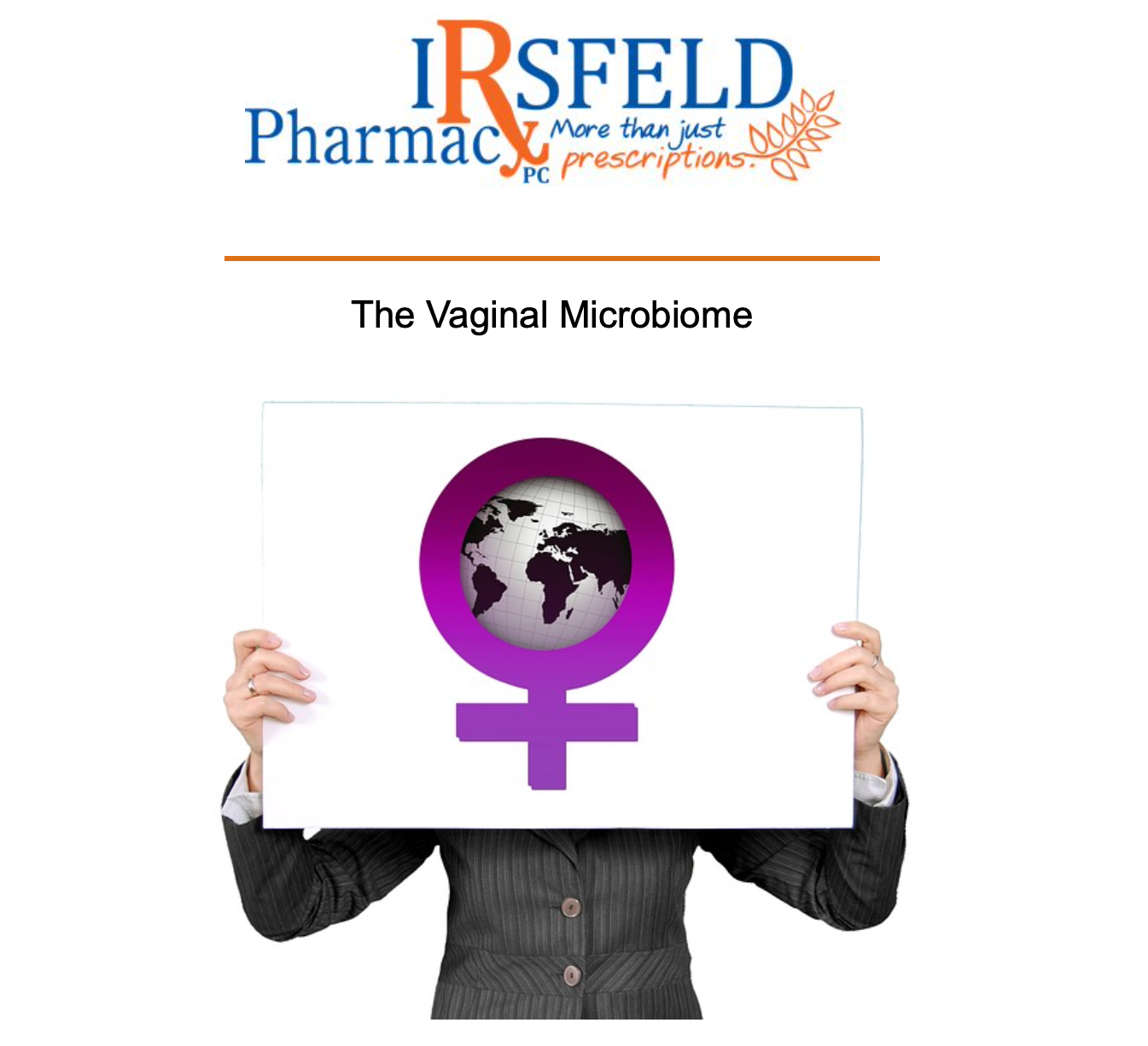
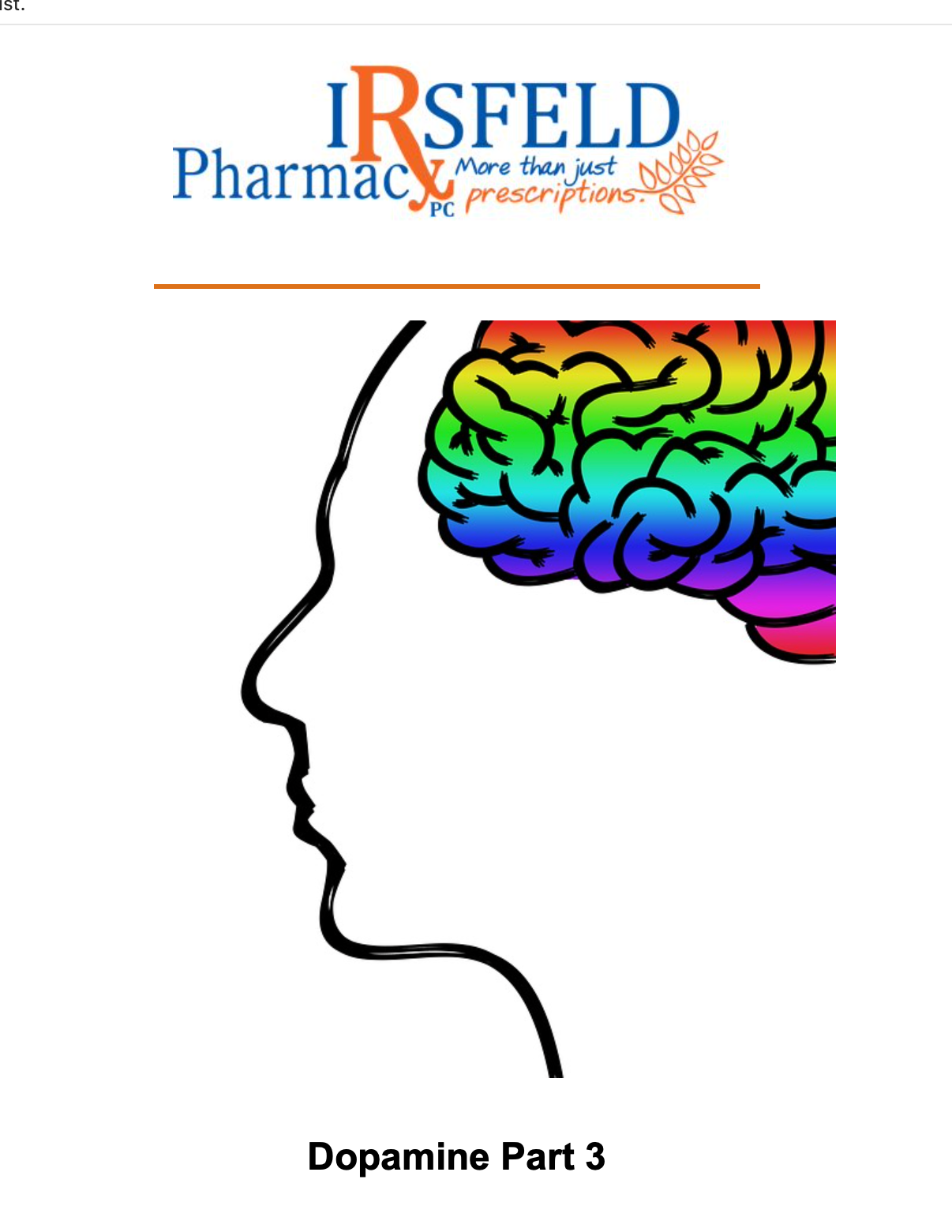

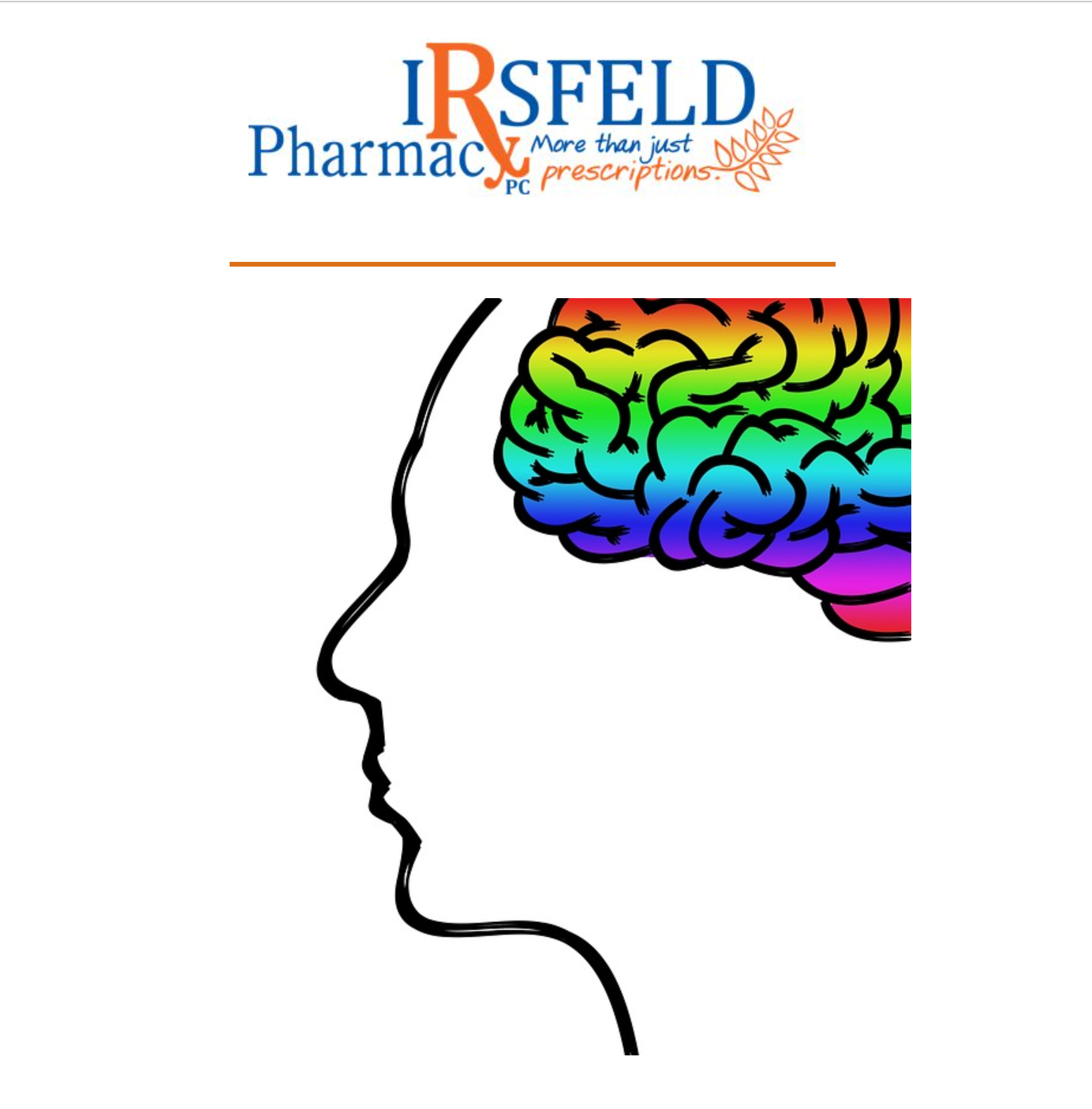
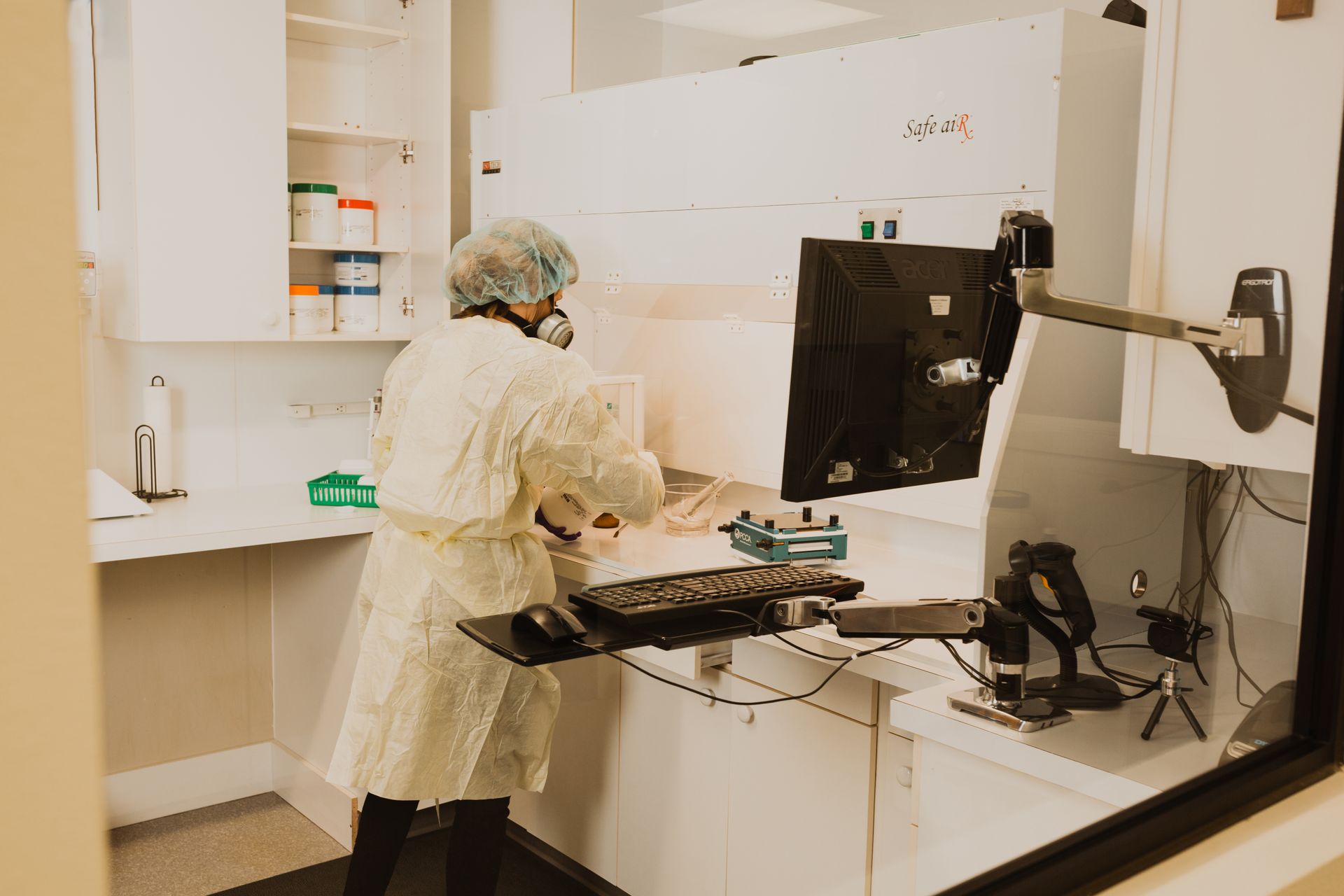


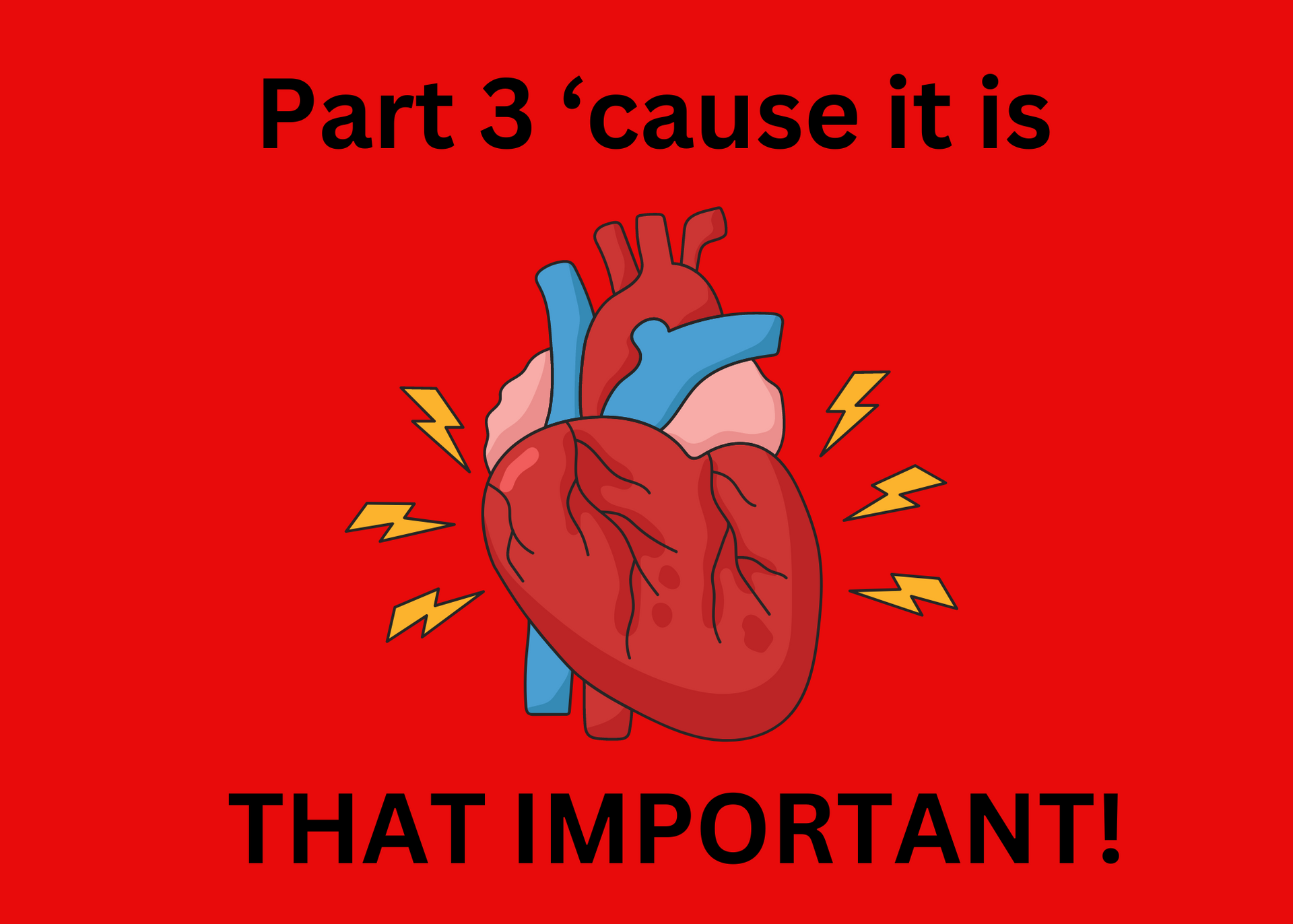
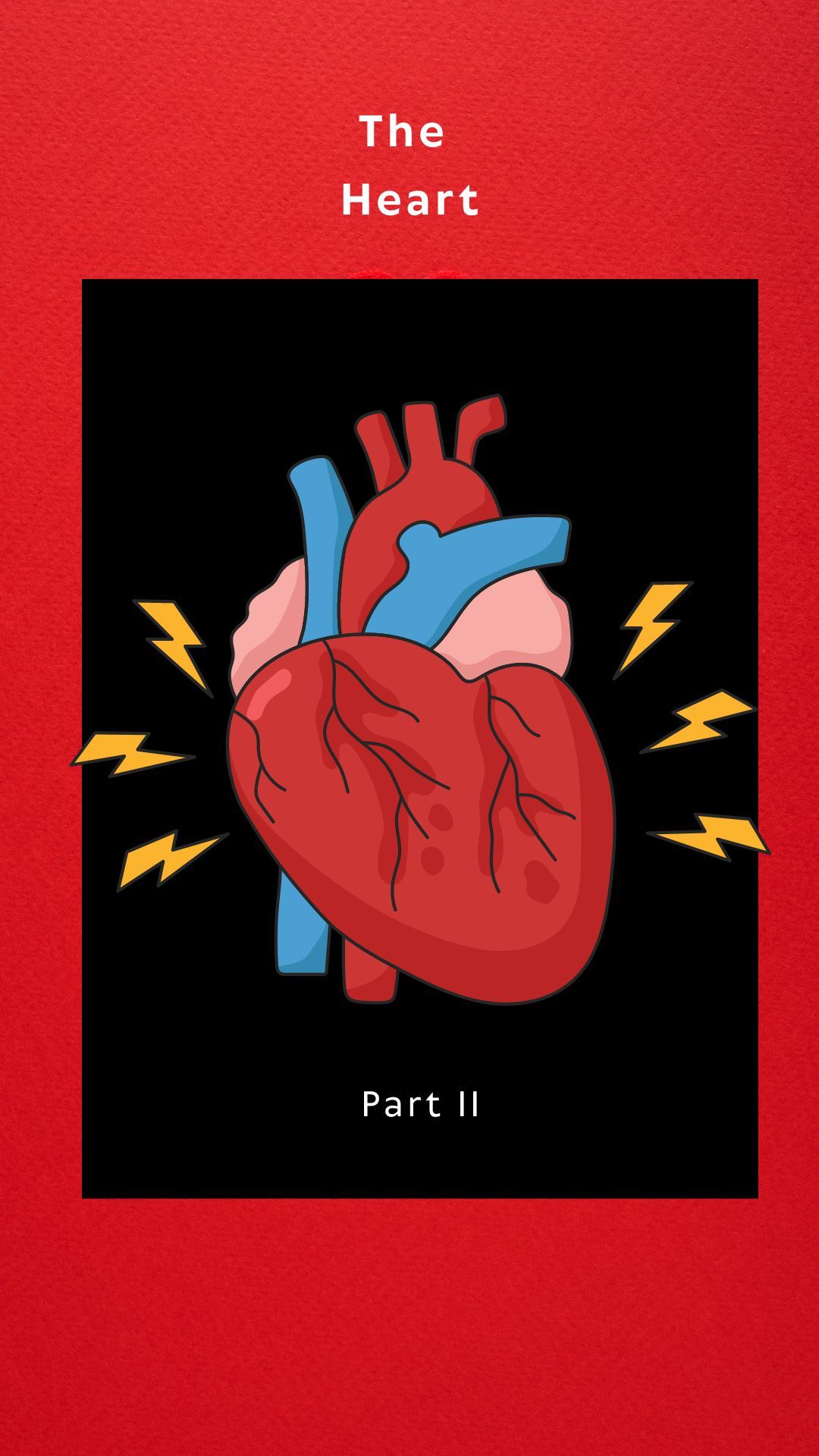
Share On: